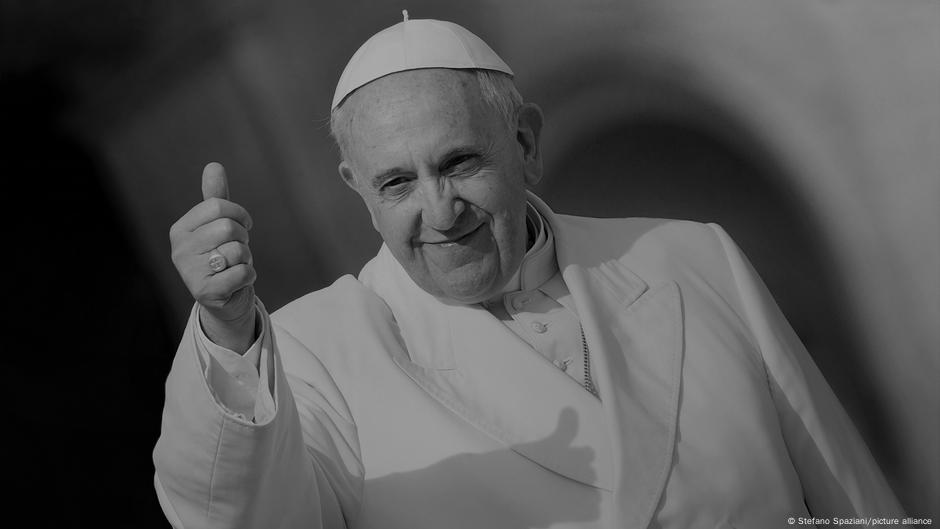From Buenos Aires to Vatican: Pope Francis' Extraordinary Journey of Faith and Transformation

Since ascending to the papal throne in 2013, Pope Francis has brought a refreshing and transformative approach to leadership within the Catholic Church. Choosing his papal name in homage to St. Francis of Assisi, he signaled from the beginning a commitment to humility, compassion, and social justice.
With remarkable vision, Pope Francis has embarked on an ambitious mission to reform the Vatican's internal structures and modernize its global approach. His progressive stance extends beyond ecclesiastical matters, as he has emerged as a powerful advocate for critical global issues such as environmental protection and interfaith understanding.
The pontiff's passionate commitment to addressing climate change and promoting dialogue between different religious traditions has set him apart as a forward-thinking spiritual leader. By bridging divides and championing causes that transcend traditional religious boundaries, Pope Francis has sought to make the Catholic Church a more inclusive and socially engaged institution in the 21st century.
